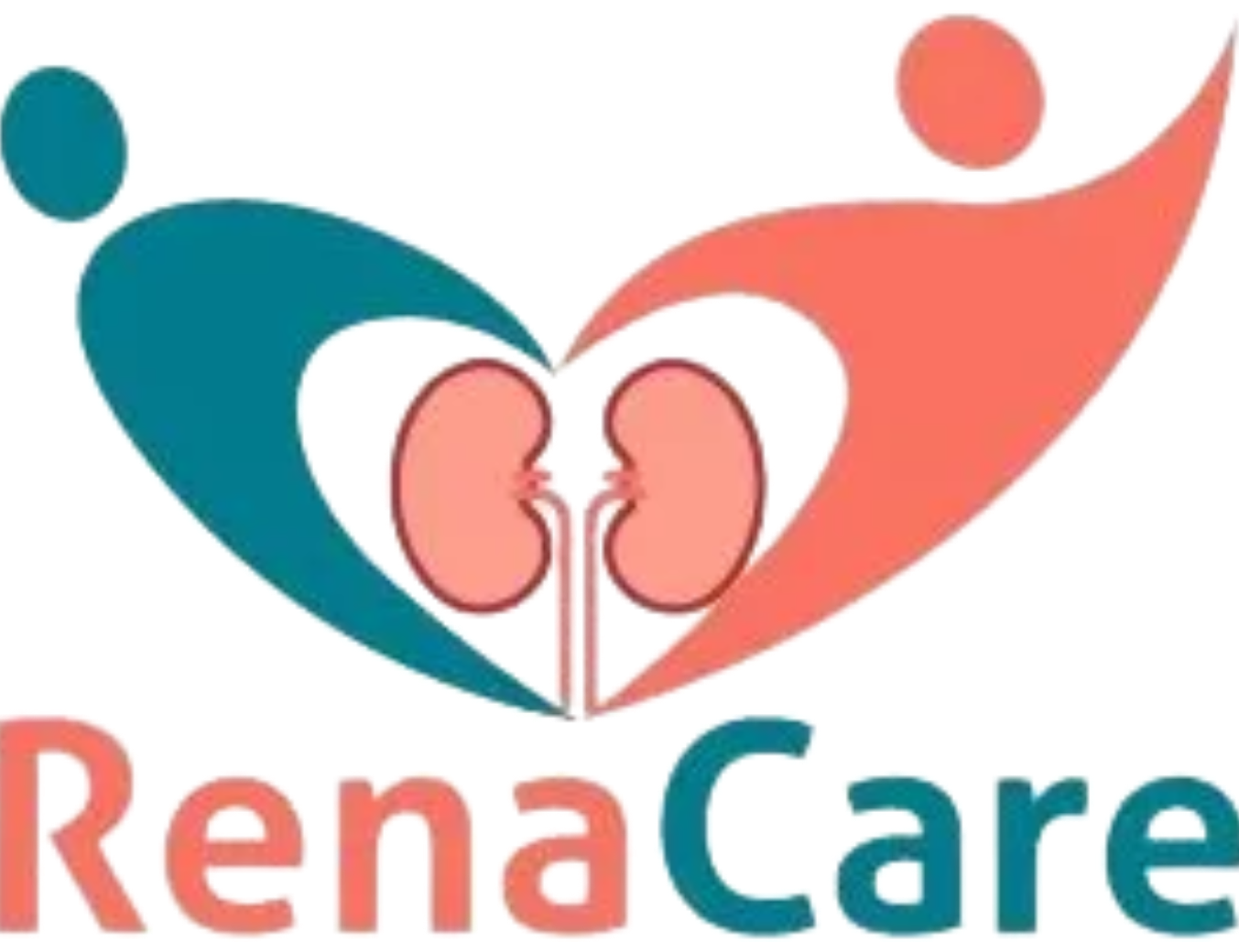10 Diet Tips for Dialysis Patients

Your diet is an important part of your treatment. Your kidneys cannot get rid of enough waste products and fluids from your blood and your body now has special needs. Therefore, you will need to limit fluids and change your intake of certain foods in your diet. The kidney dietitian at your dialysis center will help you plan a diet for your special needs.
Use this brochure as a guide until your dietitian prepares a personalized meal plan for you. You will need to:
1- Eat more high-protein foods.
People on dialysis need to eat more protein. Protein can help keep healthy blood protein levels and improve health. Protein also helps keep your muscles strong, helps wounds heal faster, strengthens your immune system, and helps improve overall health. Eat a high protein food (meat, fish, poultry, fresh pork, or eggs) at every meal, or about 8-10 ounces of high protein foods every day.
3 ounces = the size of a deck of cards, a medium pork chop, a ¼ pound hamburger patty, ½ chicken breast, a medium fish fillet.
1 ounce = 1 egg or ¼-cup egg substitute, ¼-cup tuna, ¼-cup ricotta cheese, 1 slice of low sodium lunchmeat, 1 tablespoon peanut butter, ½ ounce of nuts or seeds
Note: Even though peanut butter, nuts, seeds, dried beans, peas, and lentils have protein, these foods are generally limited because they are high in both potassium and phosphorus.
2- Eat less high salt, high potassium, and high phosphorus foods:
Use less salt and eat fewer salty foods: This may help to control blood pressure. It may also help reduce fluid weight gains between dialysis sessions since salt increases thirst and causes the body to retain (or hold on to) fluid.
- Use herbs, spices, and low-salt flavor enhancers in place of salt
- Avoid salt substitutes made with potassium.
3- Learn how much fluid you can safely drink (including coffee, tea, water, and any food that is liquid at room temperature)
what does restricting fluids mean? For most people on dialysis, restricting fluid means limiting yourself to three or four 250 ml cups of fluid a day. If you put out any urine, you may be able to have a little more. Ask your dialysis team how much fluid you may have each day A fluid is anything that is liquid at room temperature, for example beverages, soups, ice. Ice cream, or gelatin desserts.
4- Avoid “whole grain” and “high fiber” foods (like whole-wheat bread, bran cereal and brown rice)
unless you need to limit your calorie intake for weight loss and/or manage carbohydrate intake for blood sugar control, you may eat, as you desire from. Grains, cereals, and breads. However, you need to avid whole grain and high fiber products as they contain more phosphorus.
5- Limit your intake of milk, yogurt, and cheese to ½-cup milk or ½-cup yogurt or1-ounce cheese per day.
Most dairy foods are very high in phosphorus. The phosphorus content is the same for all types of milk – skim, low fat, and whole! If you do eat any high-phosphorus foods, take a phosphate binder with that meal.
Certain brands of non-dairy creams and “milk” (such as rice milk) are low in phosphorus and potassium. Ask your dietitian for details.
6- All fruits have some potassium, but certain fruits have more than others and should be limited or totally avoided such as:
|
|
7- Eat 2-3 servings of low-potassium vegetables each day. One serving = ½-cup.
When choosing vegetables make sure to have:
|
|
8- Limit dairy-based desserts and those made with chocolate, nuts, and bananas
Depending on your calorie needs, your dietitian may recommend high-calorie deserts. Pies, cookies, sherbet, and cakes are good choices (but limit dairy-based desserts and those made with chocolate, nuts, and bananas). If you have diabetes, discuss low carbohydrate dessert choices with your dietitian.



